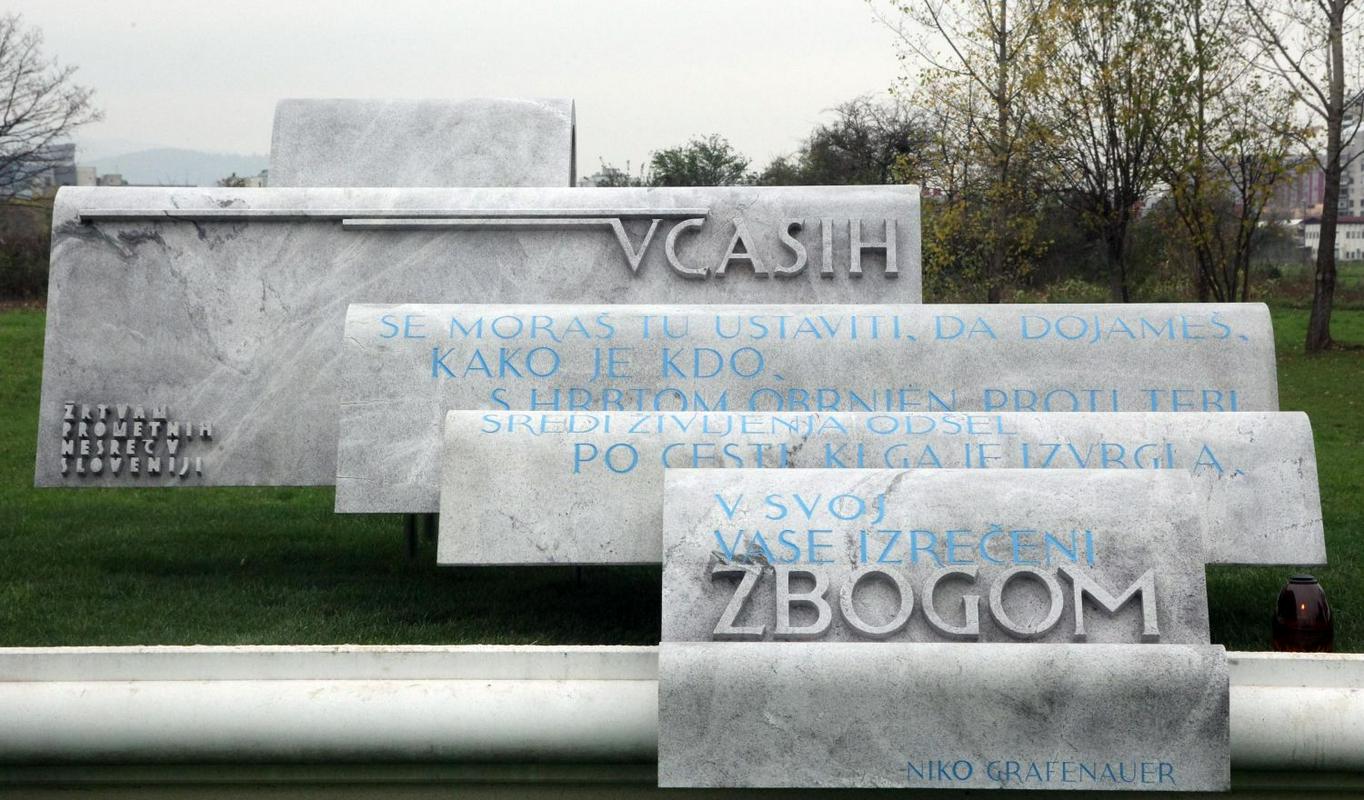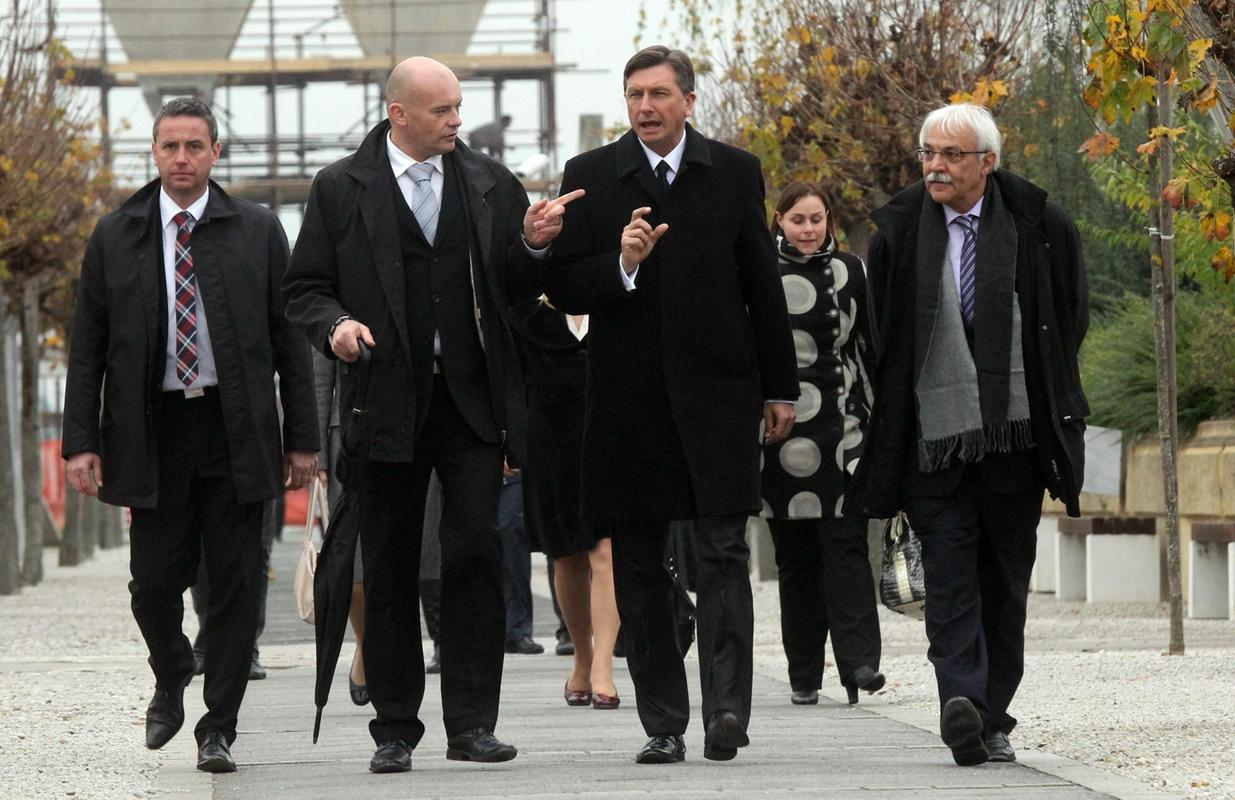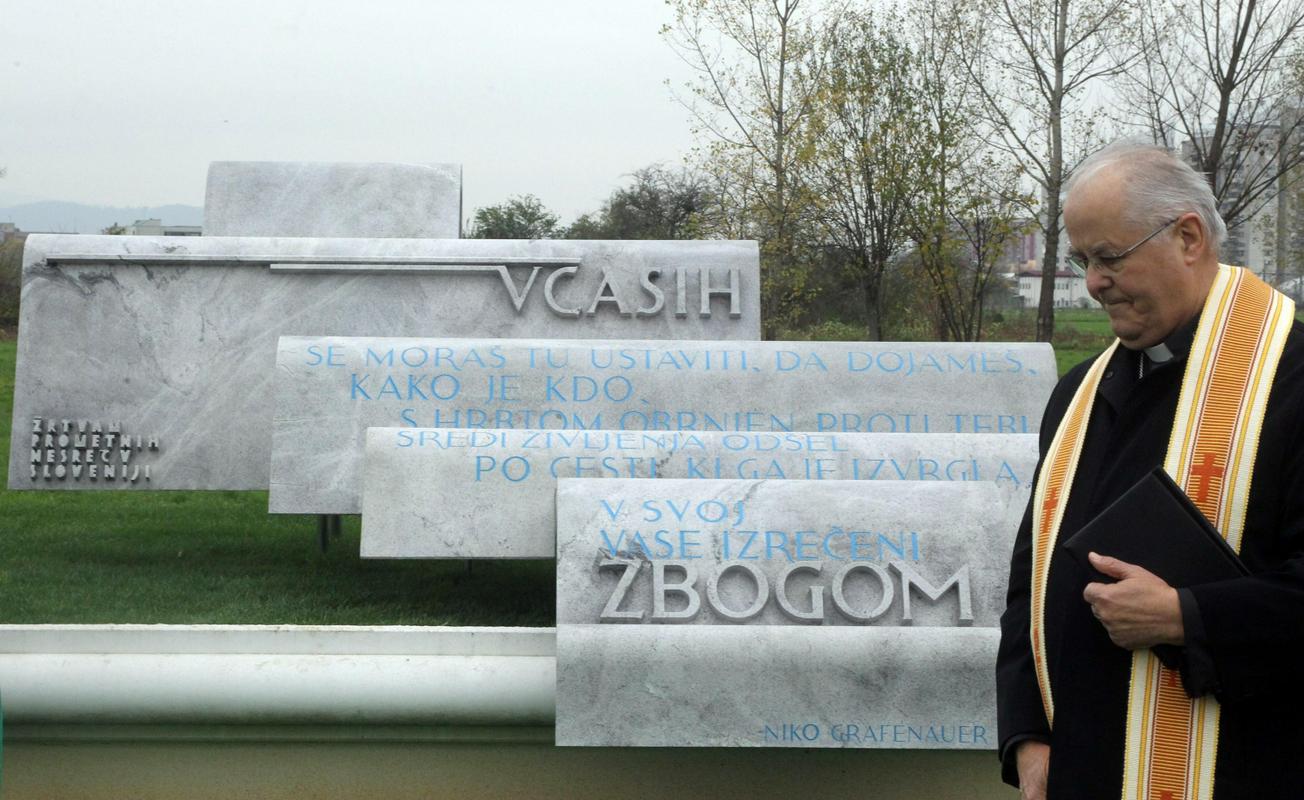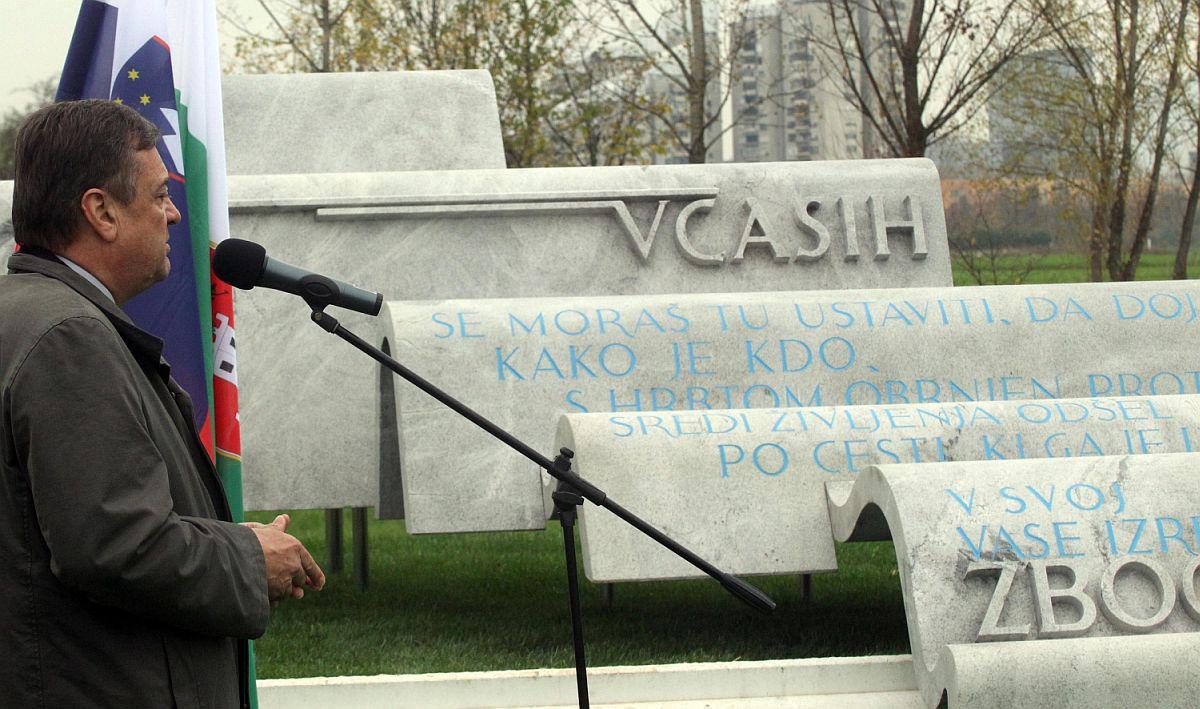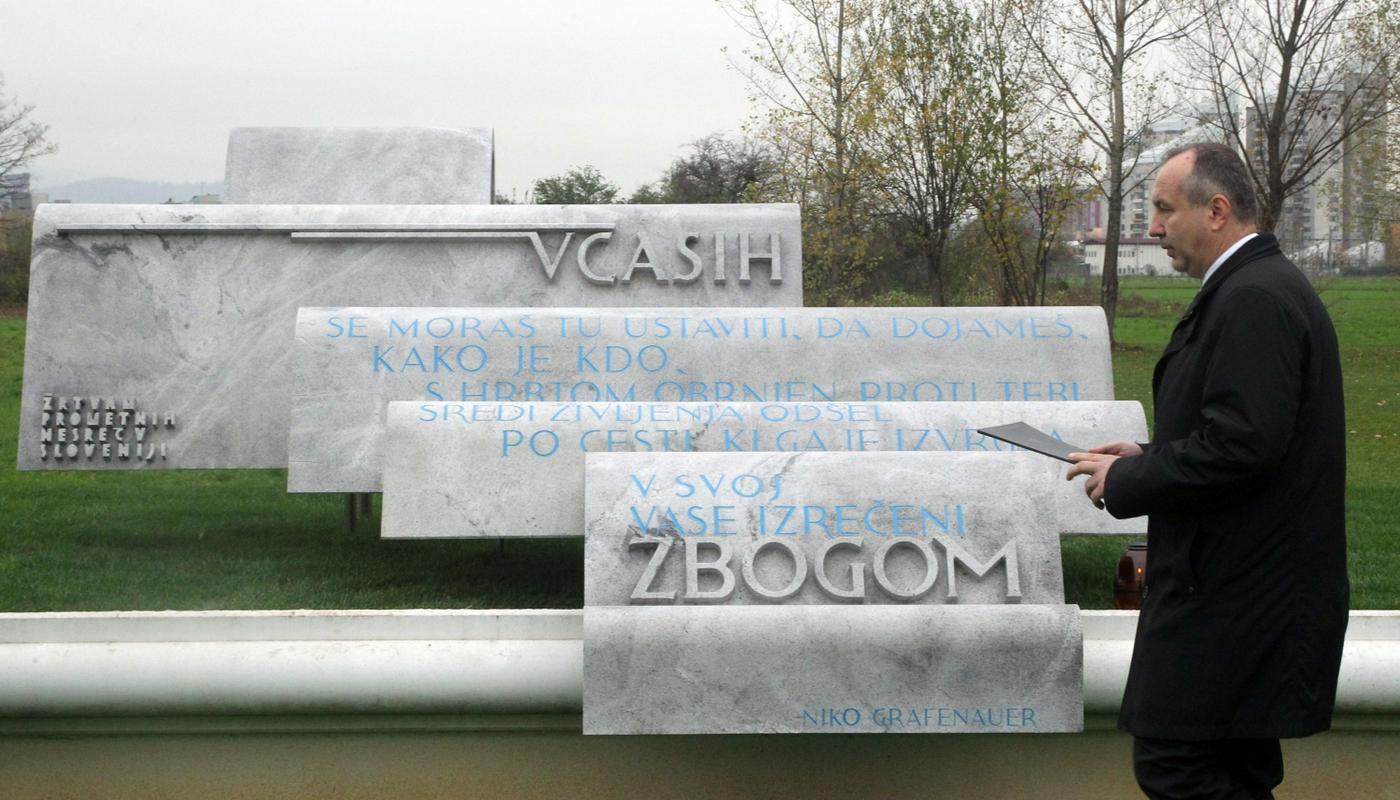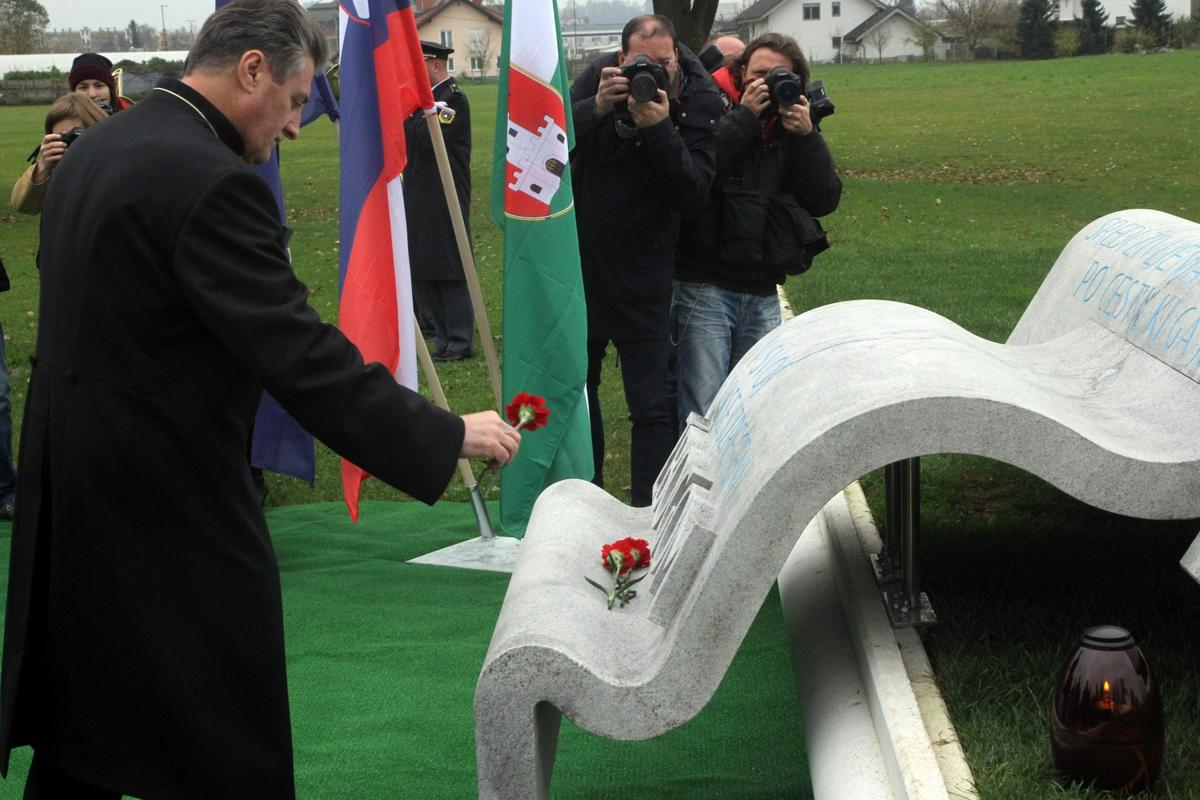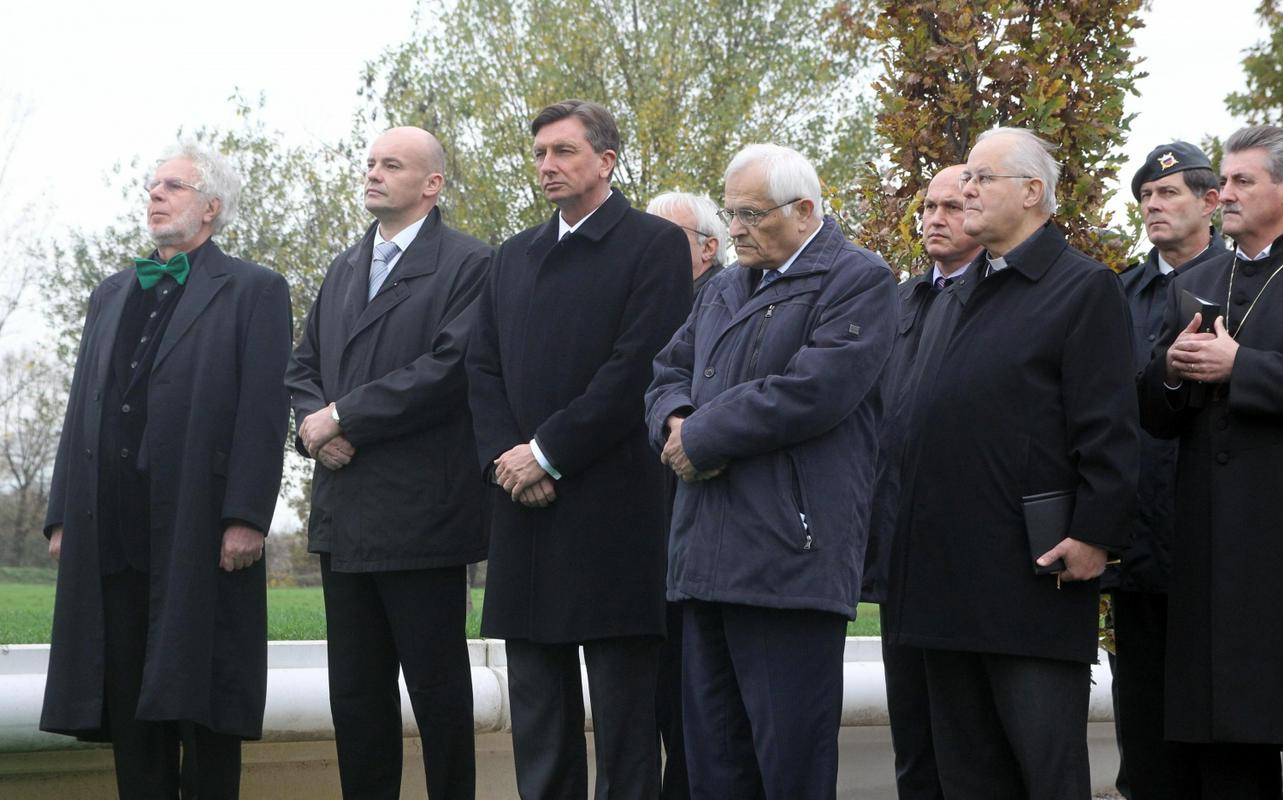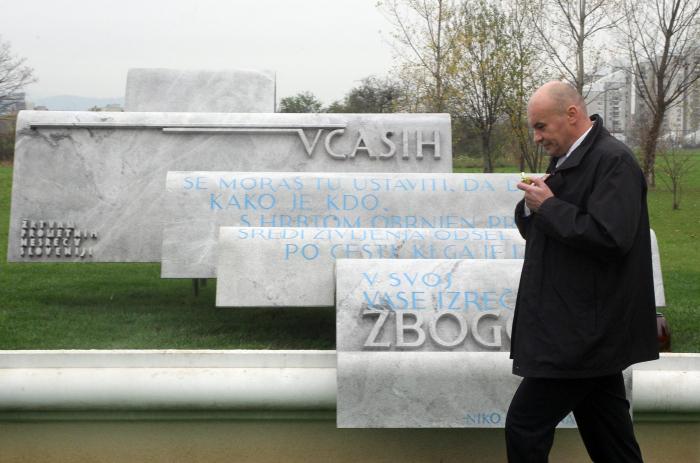
“Sometimes you need to stop here, to realize how someone, with their back turned towards you, could leave in the midst of life, down that road which ejected them, into their self-uttered Goodbye.”
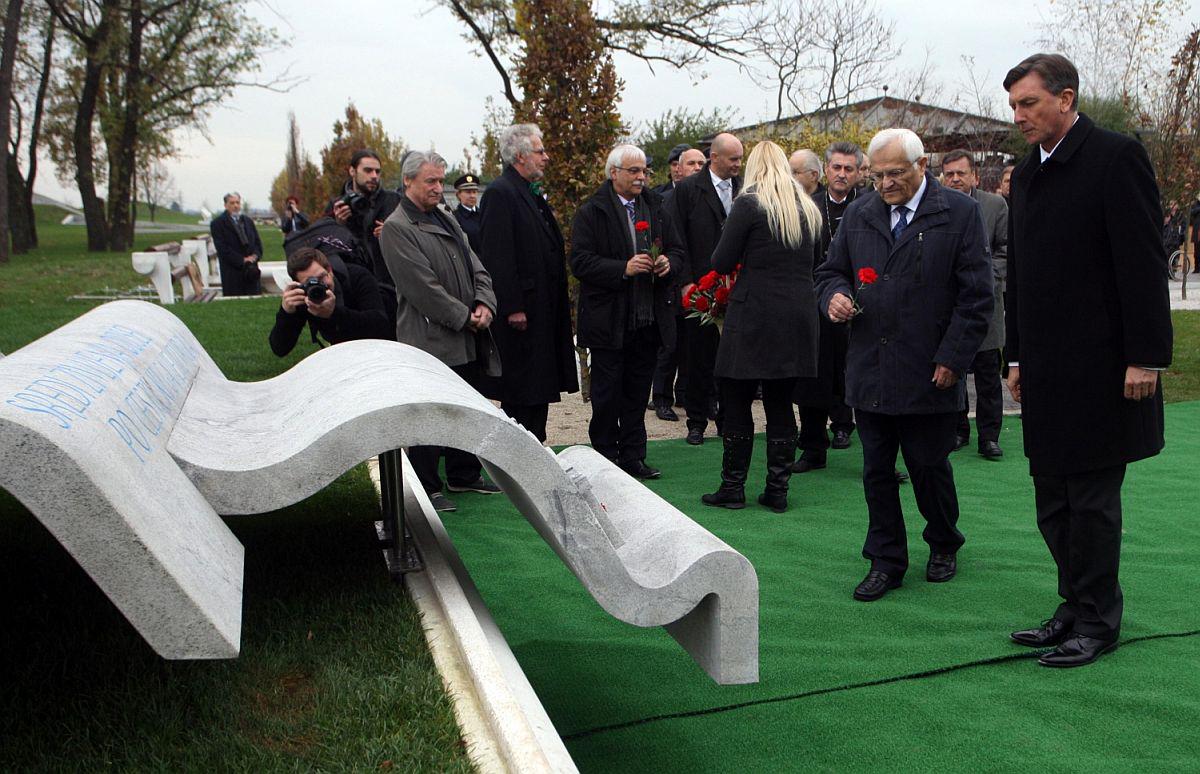
“Only when you realize that people’s lives are behind the dull statistics presented at every congress on road traffic safety can you understand the extent of suffering that originates from it. There are ways to prevent these tragedies.”
A road traffic accident strikes out of the blue. What is more, it leaves irreversible consequences behind. The memorial to casualties of road traffic accidents should be a memory and a reminder that we all have our own share of responsibility for traffic safety.
“Tomorrow will mark two years since I lost my daughter in a car accident. She was beautiful, young, full of life and energy. Before she went out, she gave me a kiss on the cheek. She didn’t come back home. She was 22, a passenger in the car, none of it was her fault. There’s a terrible void left within me, and there’s no way I could ever fill it up,” says Zdenka Vrečko, a mother who still bears the pain of loss.
Her young daughter was one of 7,000 people whose lives had ended abruptly and momentarily, all because of a fatal mistake on the road. A memorial dedicated to those who died or have been injured in road traffic accidents was revealed today in an opening ceremony at the new part of the Žale cemetery in Ljubljana. The memorial is to become a place of memory and reminder, commemoration and meeting.
Ms. Vrečko pointed out that we were all responsible for road traffic safety. “We’re never alone on the road. We’re not well aware of what a single wrong action may bring. Everything changes, nothing is the way it used to be, and the old life cannot be brought back,” warns Ms. Vrečko.
“Both sides suffer”
The initiative to erect the memorial was started by Robert Štabe, the president of Safe Journey Institute, who argues that road traffic accidents inevitably change one’s course of life. A new way of life needs to be chosen, since the old one ceases to exist. Time and again, the consequences of road accidents divide the affected – into those who were deprived of life or health, and those who deprived them of it. “Both sides suffer,” stresses Štabe.
Slovenia still has too many stories like these. The period from 1991 to 2012 saw 6,810 road deaths and over 309,000 injured. In 2012 alone, 130 people died on the road, while the police reports have already recorded 104 road deaths this year.
“This is a horrendous, an absurd number. We know that most accidents could have been prevented. Why do we keep letting this happen?” asked Jože Trontelj, the president of the Slovenian Academy of Sciences and Arts, the honorary sponsor of the memorial. “Each and every one of us needs to do all that is in our power to minimise the number of road accidents. Through setting a good example as well as educating others,” adds Trontelj.
A reminder for the authorities to ensure road safety
Zoran Janković, the mayor of the Ljubljana City Municipality, agrees with Trontelj. He referred to the memorial as a place of reminder to the representatives of governmental and local authorities to do everything in their power to prevent all road deaths and enable all traffic participants a peaceful and safe coexistence.
The rolling tonalite stone from Pohorje
The memorial is the work of the architect Marko Marijan Mušič, who used a noble local granite stone called the Pohorje tonalite. The rolling form of the memorial is a metaphor of the ebb and flow of life being stopped by a tragic event or transformed forever. “The rock hard granite starts to move in waves, the stone had been torn from the ground and now floats over the landscape. It’s about to leave the sphere of gravity, and pass over to the sphere of spirituality. The verses written by Niko Grafenauer are torn between two key words related to the beginning and the end – sometimes and goodbye.”
Many relatives of road traffic casualties came to the Žale opening ceremony to bid goodbye. Among the officials who also took part in the commemoration were the president of Slovenia Borut Pahor, representatives of the police, the military, and the parliament, representatives of religious communities – the retired bishop Metod Pirih, the evangelical bishop Geza Erniša, and the leader of the Slovenian Islamic community, Mufti Nedžad Grabus –, poets Niko Grafenauer and Ciril Zlobec, the president of the European association of road traffic casualties Jennot Mersch, and representatives of the Allied association of drivers and auto mechanics.
“Sometimes you need to stop here, to realize how someone, with their back turned towards you, could leave in the midst of life, down that road which ejected them, into their self-uttered Goodbye.”
“Only when you realize that people’s lives are behind the dull statistics presented at every congress on road traffic safety can you understand the extent of suffering that originates from it. There are ways to prevent these tragedies.”




















































